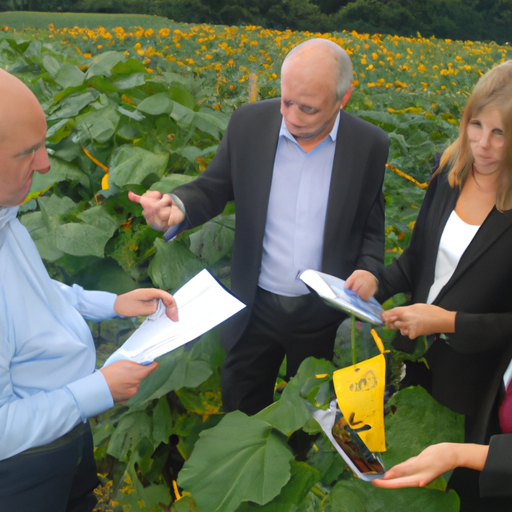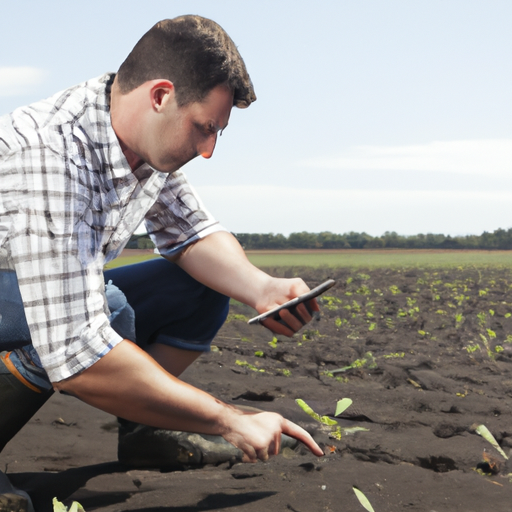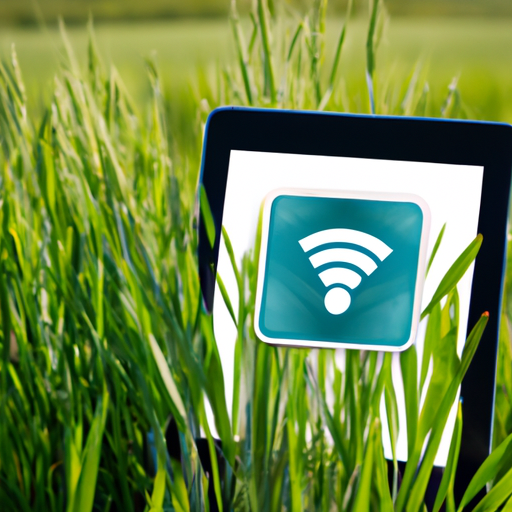Last Updated: Month Day, Year
The future of food is brighter than ever, thanks to groundbreaking innovations in food technology. As we face global challenges such as climate change, food security, and population growth, researchers and technologists are stepping up to create solutions that not only enhance food production but also ensure sustainability and safety.
1. Vertical Farming: A Sustainable Approach
Vertical farming is at the forefront of agricultural innovation, utilizing limited space to grow crops in stacked layers. This method reduces the need for pesticides and conserves water, making it an eco-friendly option for urban areas.
2. Lab-grown Meat: Redefining Protein Sources
Lab-grown meat is changing the way we think about food consumption. By cultivating meat in a lab environment, this innovation addresses ethical concerns related to animal husbandry and reduces the carbon footprint associated with traditional meat production.
3. Blockchain in Food Safety
Blockchain technology is not just for cryptocurrencies; it is also making waves in the food industry by enhancing transparency and traceability. This innovation is crucial for ensuring food safety and building consumer trust by tracking products from farm to table.
4. AI and Machine Learning in Agriculture
Artificial Intelligence is transforming agriculture by predicting crop yields, managing resources, and optimizing planting schedules. Machine learning algorithms analyze weather patterns and soil conditions, helping farmers make informed decisions.
5. Smart Packaging: Freshness Redefined
Smart packaging incorporates advanced materials that can indicate the freshness of food products, reducing food waste and enhancing consumer safety. These innovations help businesses maintain quality while catering to the growing demand for fresh and healthy food.








